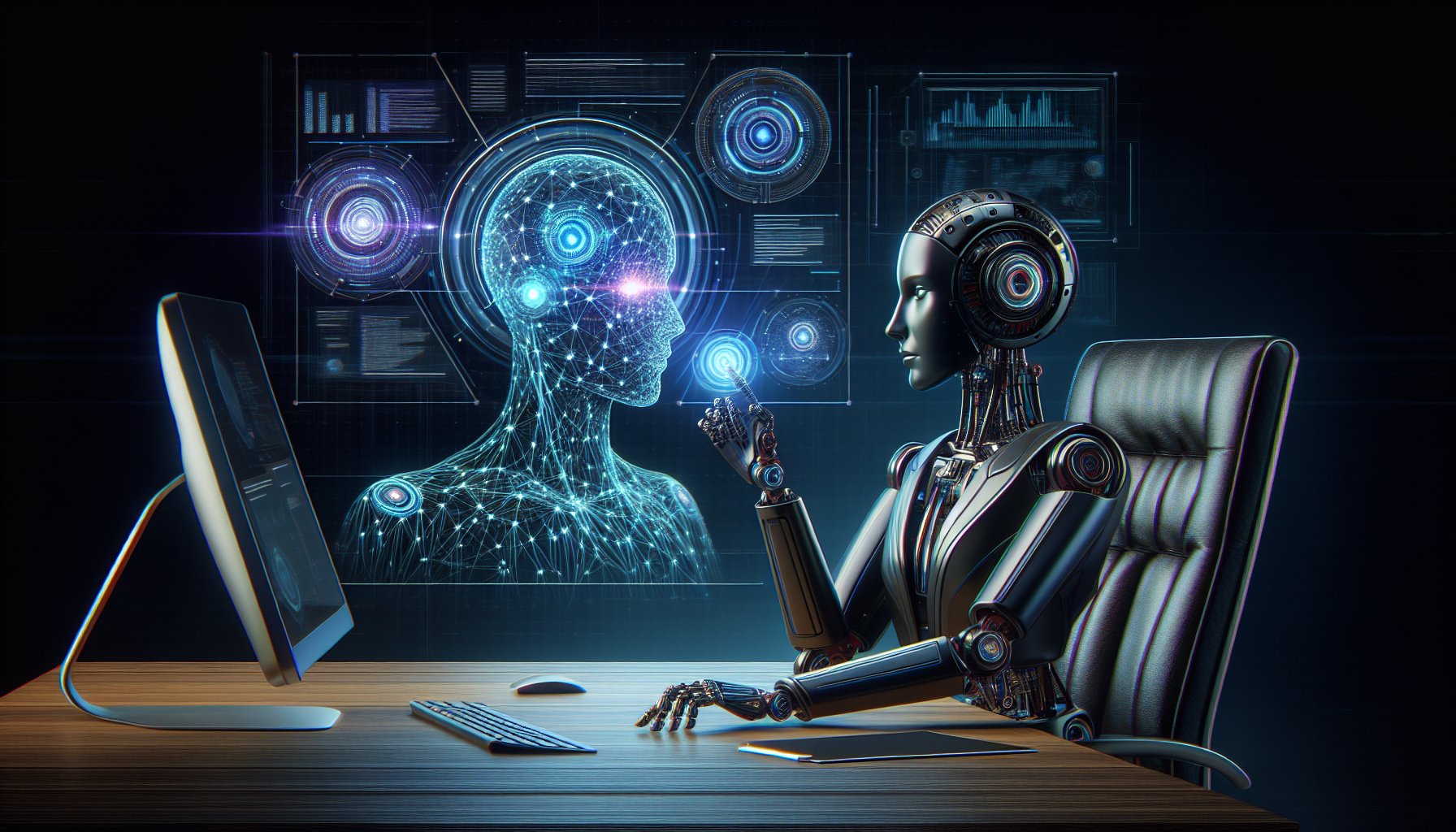Introduction
Welcome to the frontier of the future - Agentic AI workflows. As we witness the rapid advancement of technology, it's clear that artificial intelligence (AI) has moved beyond a buzzword to a foundational tool in IT development. Today, we explore the cutting-edge realm of Agentic AI workflows, their implications, and how they are revolutionizing the IT development landscape.
Understanding Agentic AI Workflows
Agentic AI workflows represent an advanced level of AI, where artificial agents are capable of self-management and decision-making processes. These agents, imbued with elements of autonomy, are able to interact with their environment, learning and adapting independently to achieve pre-set objectives. This has a profound impact on the way we build, manage, and execute workflows in IT development.
Emerging Trends and Best Practices
In the world of Agentic AI, the focus is on building intelligent systems that continuously learn and enhance their performance. This is achieved by integrating deep learning models and reinforcement learning techniques, where agents learn from their actions and consequences. Agentic AI workflows are no longer reliant on static rules and manual adjustments; they are dynamic, adaptive, and constantly evolving.
Code Example: Implementing Agentic AI
import agenticai
agent = agenticai.Agent()
agent.train(environment)
actions = agent.act(state)
In this code snippet, we create an Agentic AI instance, train it within a specific environment, and instruct the agent to take actions based on its current state. This simple illustration underscores the potential of Agentic AI workflows in building robust, self-learning systems.
Benefits of Agentic AI Workflows
Agentic AI workflows unlock the true potential of AI, providing businesses with autonomous agents capable of self-learning and decision-making. Here are a few key benefits:
- Improved efficiency: Agents can manage and optimize workflows autonomously, reducing manual intervention.
- Scalability: Agentic AI can handle complex, large-scale systems, making it a viable solution for growing businesses.
- Adaptability: With the ability to learn from their environment and adapt, agents can effectively handle changes and uncertainties.
Challenges and Future Directions
While Agentic AI offers immense potential, it's not without challenges. Ensuring ethical AI use, managing unexpected agent behavior, and overcoming computational constraints are ongoing areas of focus. However, with continued research and development, these challenges will pave the way for next-generation AI solutions.
Conclusion
Agentic AI workflows represent the future of AI and IT development, offering autonomous, adaptive capabilities that are changing the way we approach technology. By embracing Agentic AI workflows, businesses can harness the power of intelligent automation, stay at the forefront of innovation, and drive their growth into the future. The journey to mastering this technology may be complex, but the rewards are worth the effort.
Remember, in the world of AI, the only constant is change. Stay updated, keep learning, and let's shape the future, together.Stay tuned for more insights into the future of IT development.
